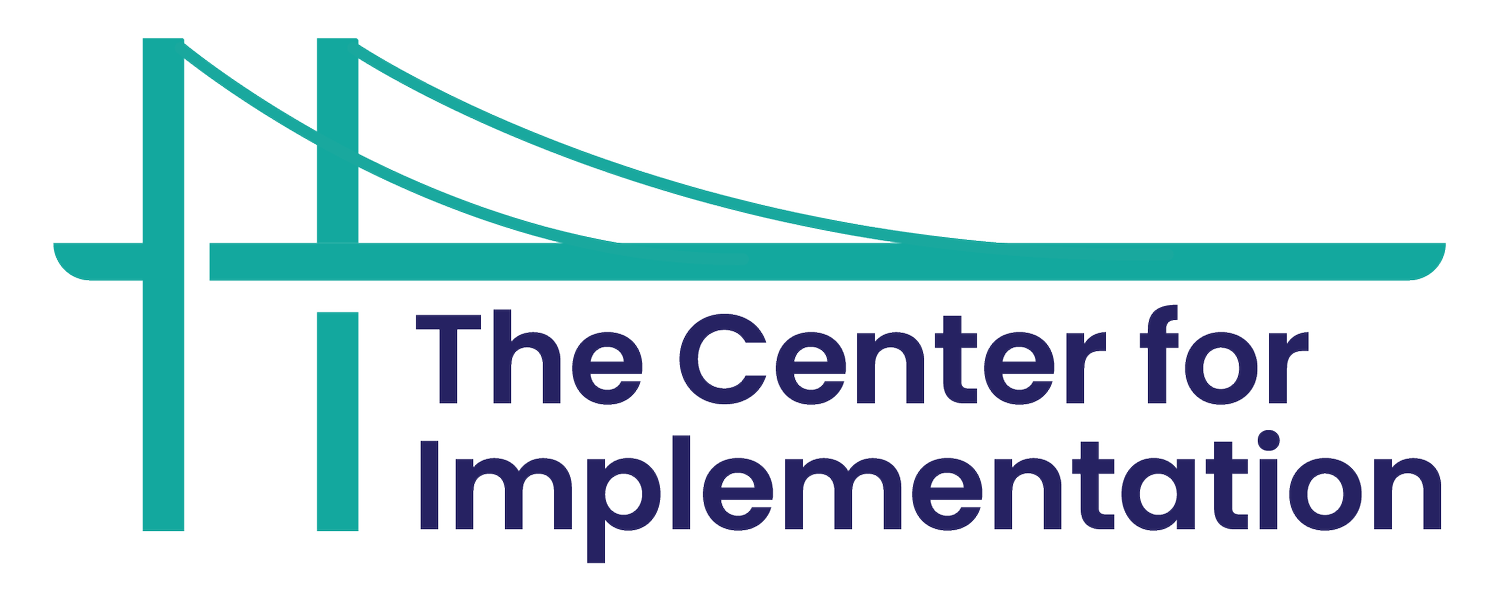Changing the Implementation Landscape: How to Build a Cadre of Implementation Support Practitioners
By Dr. Julia E. Moore, Executive Director
Note: We have updated our website since this article was published. As a result, you may have been redirected here from a previous URL. If you are looking for the article, "Building clinicians’ capability in translating knowledge for practice improvement” by Sharon Mickan, please click here.
A year ago, I was interviewed about my thoughts on implementation science and practice for the Handbook on Implementation Science. During the interview, Dr. Sarah Birken asked me an unexpected question: “If you were a magical queen of the world, and you could change anything in implementation, what would it be?”
For days after she asked me the question, thoughts swirled around in my mind. I’m a very pragmatic person, so at first the question seemed too abstract and unrealistic. But it also allowed me to think outside of the box and imagine things that do not immediately seem possible.
Eventually, I came to the conclusion that if I could magically change one thing in implementation it would be to have tens of thousands of people around the world with skills and motivation to apply the theories, models, and frameworks from implementation science to enhance how people design, implement, spread/scale, and sustain interventions.
Spreading and scaling the use of implementation science theories, models, and frameworks
Imagine what would happen if most organizations around the world each had staff members who understood the value of applying implementation science. These staff members would know why it is important to assess readiness, select implementation strategies based on theory and evidence, develop implementation teams, assess implementation quality/fidelity, and plan for sustainability early and often. Imagine if each of those organizations had people with actual experience in operationalizing these implementation science concepts, and could do it practically within their implementation settings.
In that ideal scenario, we would be designing interventions better, developing more thoughtful and systematic implementation plans, and consistently assessing implementation quality for continuous quality improvement. We could be achieving wide-spread change in outcomes.
In order to work towards such a lofty goal – tens of thousands of professionals trained in the use of implementation science theories models and frameworks – these theories, models, and frameworks need to be introduced in graduate school to students from diverse fields, such as public health professionals, social workers, educators, psychologists...
This is not about training implementation science researchers (which is also an important, but separate goal). This is about the people who are responsible for funding, delivering, and supporting the delivery of interventions in health, public health, social services, education, labor force development, and climate change around the world. The vision is that we embed implementation science into practice-oriented degrees, rather than making implementation science solely a research degree.
Training the future generation of implementation support practitioners
Luckily, there’s a growing list of graduate programs attempting to do exactly that, to train the future generations of implementation support practitioners. While the list of programs is growing, they can still be hard to find. One of our most common questions is whether we know of a good graduate programs where people can learn to apply implementation science in practice. If you know of any programs that others might be interested in, please add them to the comments list.
This article was featured in our monthly Implementation in Action bulletin! Want to receive our next issue? Subscribe here.
